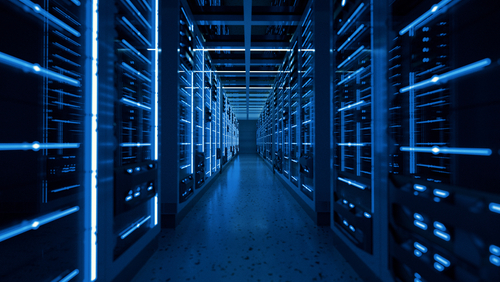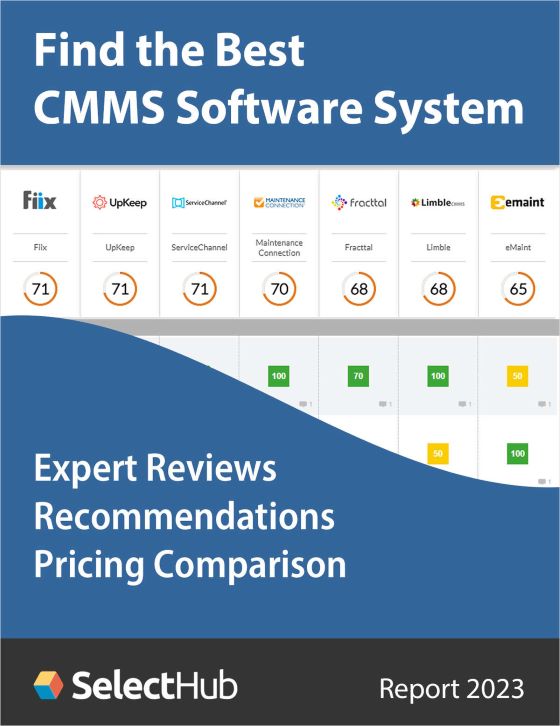 A bill before the Oregon state legislature would penalize data centers for not meeting emissions standards starting in 2027 and could — if approved in Oregon and similar measures are adopted by other states — have significant implications for hyperscalers and HPC organizations with heavy electrical requirements.
A bill before the Oregon state legislature would penalize data centers for not meeting emissions standards starting in 2027 and could — if approved in Oregon and similar measures are adopted by other states — have significant implications for hyperscalers and HPC organizations with heavy electrical requirements.
A story in yesterday’s The Oregonian reported that supporters of Oregon House Bill 2816 say that Amazon is lobbying behind the scenes against the bill, which if passed would force large data centers to cut emissions from electricity consumption by 60 percent by 2027, 80 percent by 2030, 90 percent by 2035, and 100 percent by 2040.
Failure to comply with these requirements would trigger daily fines of $12,000 per megawatt-hour of violation and withhold tax breaks granted to data center operators, according to a story in Data Center Dynamics.
Several big tech companies, including Apple, Amazon, Meta and Google have hyperscale-class data centers in central and eastern Oregon, The Oregonian reported. These companies also have announced renewable energy adoption plans to lower their carbon emissions.
APRIL 3 STORY UPDATE: In response to media coverage, an Amazon Web Services spokesperson said:
“Amazon is taking real, tangible, short and long-term measures to combat climate change, and as the world’s largest corporate purchaser of renewable energy, we are on a path to powering our operations with 100 percent renewable energy by 2025 — five years ahead of our original commitment. A number of organizations, including Amazon, oppose HB2816 because the bill does not address the build-out of electric infrastructure that is needed to bring more clean energy to the grid. Building new renewable projects requires infrastructure investments in the grid and today there are hurdles in key areas like permitting and interconnection. Accelerating energy infrastructure permitting and interconnections for renewables like solar and wind would have a greater impact on reducing emissions, bringing more clean energy to the grid, and helping achieve our goal of accessing more clean energy in Oregon. We look forward to working with the state, industry and community leaders to better enable renewable energy development in Oregon.”
The bill is due for a committee vote this Monday. The Oregonian reported that one of the bill’s sponsors said she may withdraw the bill if it lacks support, but that she will revive the issue next year.
In contrast with other parts of Oregon, the Portland area has “strict emissions rules, phasing in over the next 17 years as a result of climate legislation state lawmakers approved two years ago,” according to The Oregonian. “The legislature exempted much of eastern Oregon, where many of the big data centers operate, because the consumer-owned utilities there were powered primarily by federal hydropower that has no impact on climate change.”
However, growing demand for electricity from data centers in those areas outstripped the supply of clean energy, so data centers built their own power generators or the utilities have bought power on the open market, with electricity generated primarily by natural gas. In the case of Amazon, The Oregonian reported last summer that carbon emissions per megawatt hour from the utility serving Amazon are up 543 percent since 2010.



